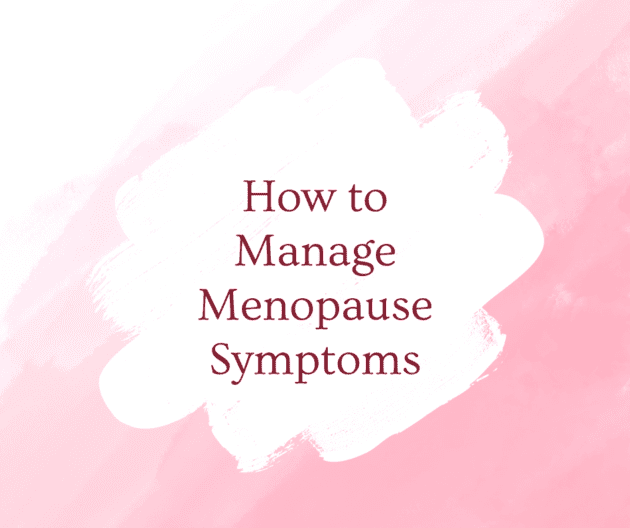6th January 2023
Menopause and Weight Gain
Does menopause cause weight gain?
Many women find it harder to control their weight as they enter the peri/menopause. Weight gain is complicated and due to a variety of factors:
- Fluctuating levels of hormones: As oestrogen levels decline the way the body stores fat changes. Fat is more likely to be stored around the abdomen and thighs and is less evenly distributed compared to perimenopauslly. This can then lead to a change in your body shape even if your weight actually remains the same.
- Women’s metabolic rate: (the rate at which you burn calories) slows down. Women often require fewer calories as they transition through this phase meaning that eating the same way as you have done before may cause weight gain.
- Muscle mass: We lose muscle mass as we age (known as sarcopenia) and muscle helps to burn calories, less muscle mass means burning fewer calories leading to weight gain.
- Symptoms: The menopause symptoms experienced as we transition through this time can be hard to manage – lack of sleep, lack of energy, fatigue, low mood to name a few. This can leave us reaching for the higher energy, less healthy snacks. These symptoms can also reduce our desire to exercise which can lead to weight gain.
- Many of us are juggling relationships, work, and our menopause symptoms and we forget to take time to self-care. The stress hormone cortisol can be triggered which also causes us to gain weight
How to manage weight changes in the peri/menopause?
- Maintain a Healthy Diet: Focus on a balanced diet rich in fruits, vegetables, eat more protein, and whole grains. Fat is not your enemy – focus on eating good fats like avocados, oily fish, nuts and seeds. In short, eat the rainbow!
- Regular Exercise: Engage in regular physical activity to help maintain muscle mass and boost metabolism. A combination of cardiovascular exercise and strength training can be effective.
- Stress Management: Practice stress-reduction techniques, such as yoga, meditation, or deep breathing exercises, to manage stress and emotional eating.
- Adequate Sleep: Prioritise good sleep hygiene to ensure you get enough rest each night.
- Hormone Replacement Therapy (HRT): HRT is an excellent treatment option for managing menopausal symptoms. Discuss the benefits and risks of HRT with your healthcare provider.
- Consult a Healthcare Provider: If you are struggling with significant weight gain during menopause, consider consulting a healthcare provider or a registered dietitian or nutritionist. They can provide personalised advice and recommendations.
At London Gynaecology, we have specialist menopause clinicians and nutritional therapists to support you through the menopause, if you would like to book a personalised menopause consultation, click here.



